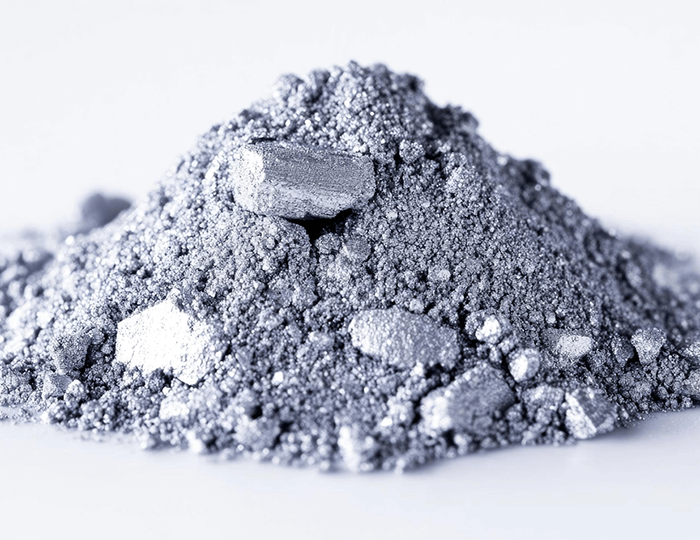- +033 2572 7171
- info@dhanvantary.com

4.5 Rating | 4500 Review

4.5 Rating | 4500 Review
The term Aluminium originates from the Latin word "alumen," which translates to bitter salt. It ranks as the third most prevalent element on Earth. High concentrations of Aluminium exposure can result in numerous health issues, categorizing it as a toxic metal. Aluminium can enter the human body through dietary sources, inhalation, or direct skin contact.

Exposure to elevated levels of Aluminium can lead to a variety of health complications:
Certain foods, such as baking powder and processed cheese, contain aluminium levels that exceed natural amounts due to the presence of aluminium-based food additives. The consumption of these additives has been linked to the development of Alzheimer’s disease. Aluminium is also commonly used in the production of cookware, as it is an efficient conductor of heat, facilitating even cooking.
When acidic foods, including fruits, tomatoes, and wine, are prepared in aluminium cookware, there is a risk that toxic aluminium may leach into the food, leading to ingestion of this harmful substance.
Additionally, pickles may contain aluminium due to the use of alum during their preparation, which is added to enhance the firmness and crispness of the final product. Alum refers to aluminium salts, such as aluminium sulfate or potassium aluminium sulfate.
Another significant source of aluminium in daily life is found in deodorants, and certain antacid medications also contain aluminium.
Aluminium disrupts the balance of calcium and phosphorus in the body, which is crucial for maintaining health. The ingestion of high levels of aluminium can deplete essential nutrients, including calcium, copper, iron, magnesium, phosphorus, potassium, Vitamin B12, and Vitamin B1.
The deficiency of these nutrients can lead to various health issues. For instance, a lack of calcium can result in osteoporosis, while insufficient iron may cause anemia and weaken the immune system. A deficiency in Vitamin B12 can adversely affect heart function, and low potassium levels can lead to muscle pain. Furthermore, the deficiency of other nutrients can contribute to a range of additional health problems.
Aluminium is recognized as a toxic element that can lead to various health issues, thus it is advisable to minimize its use. To prevent aluminium from leaching into food prepared with aluminium cookware, manufacturers have created anodized aluminium. This form of aluminium maintains its heat conductivity while forming a durable surface that does not interact with food. To counteract the effects of aluminium salts in the body, the intake of Vitamin C is suggested. Additionally, garlic, wheatgrass, and seaweeds may also aid in balancing aluminium salts.
